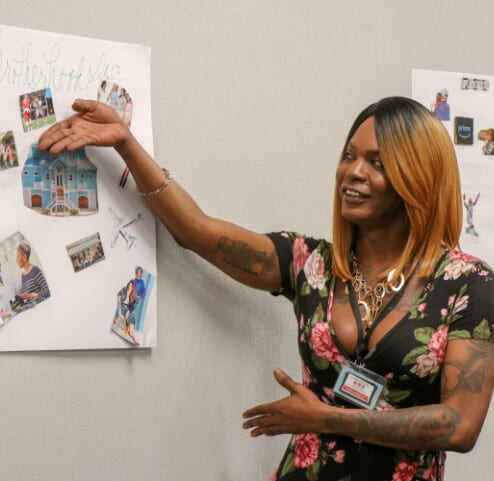The Emory COMPASS Coordinating Center’s trainings focus on building organizational capacity and increasing shared knowledge among HIV/AIDS-serving community-based organizations. We work directly with community-based organizations across the South to identify opportunities for growth by providing tailored trainings focused on increasing operational capacity, enhancing program performance, and supporting professional development.
Governance refers to board-level oversight and decision-making related to strategic direction, financial planning, and bylaws. This includes policies that outline the organization’s purpose, values, and structure. Trainings in this category will help organizations strengthen their systems of governance and leadership.
Trainings in this category will help organizations set priorities, focus staff energy and resources toward those priorities, and strengthen operations. These trainings will also help organizations ensure alignment between employee and stakeholder efforts, establish or adjust common goals and agreements, and develop plans to achieve intended outcomes.
Fiscal accountability is the key to maintaining a healthy non-profit organization. Trainings in this category will help organizations set financial goals, establish management systems, ensure policies and operational procedures are set in place and up-to-date, and ensure staff are trained and able to make prudent financial decisions.
Organizations that rely on only one or two funding sources run the risk of losing funding in times of political, community and financial uncertainty and/or change. Diversification of resources prepares organizations to incorporate multiple streams of income or multiple suppliers within a funding category to help stabilize financial resources. Focus areas include grant management, grant writing, donor management, and stakeholder engagement. Areas of special interest include 340B and insurance reimbursements.
Developing partnerships and coalitions among organizations with similar goals is a key strategy used to enhance the reach of community efforts. Trainings will focus on leveraging the skills, strengths, and resources of each partner to increase the effectiveness and efficiency of the combined effort by minimizing duplication and redundancy. Areas of focus include public relations, coalition building, and partnership development.
A solid communications strategy helps to engage stakeholders in the work of an organization, inspires them to donate to the cause and keeps them invested. Both internal and external stakeholders benefit when the intended message for the organization is clear and to the point – allowing everyone to accurately represent the agency’s focus and share its successes.
Documented, learned, and enforced internal management policies and procedures in an organization provides an environment in which managers and staff can maximize the efficiency and effectiveness of their operations. They are also a mechanism to monitor the achievement of operational goals and objectives. Focus areas for these trainings include human resource management, IT and facility management and planning, and volunteer and staff development and management.
Trainings that support organizations’ development, implementation and analysis of service delivery systems. Focus areas include program evaluation, quality assurance, assessment, and innovation.

